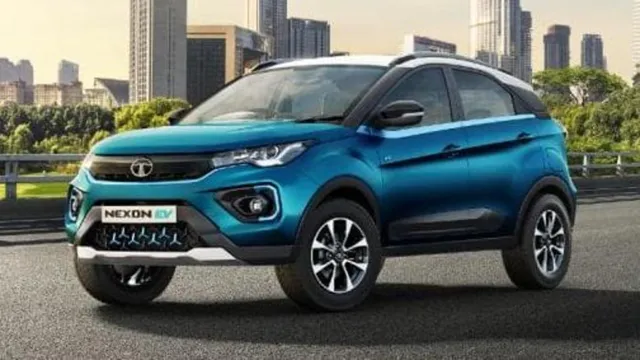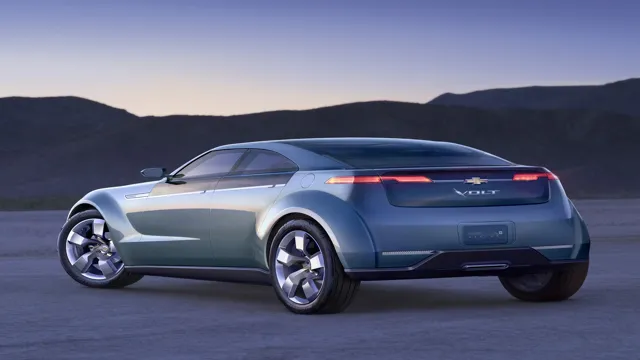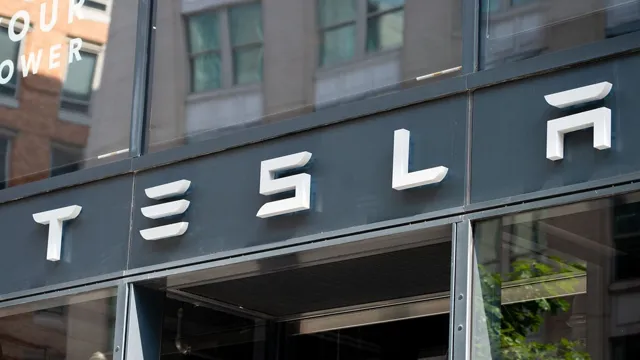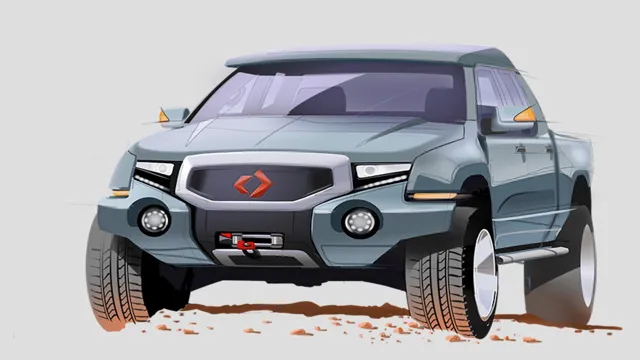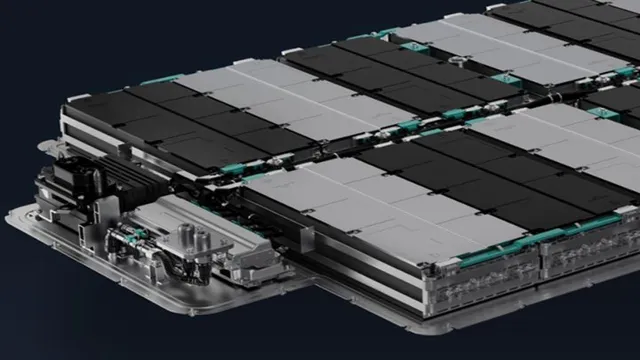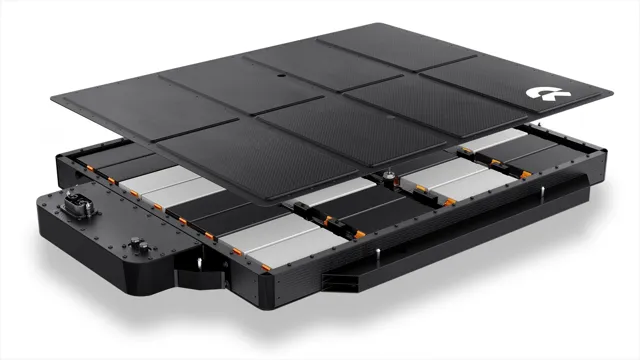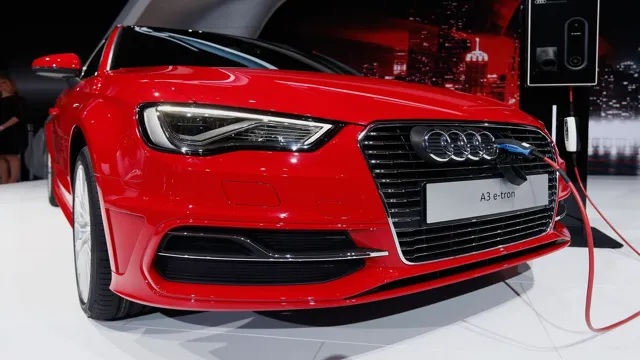Revolution on Wheels: Unveiling the Latest News on Electric Cars in India
Electric cars have become increasingly popular in recent years, with more and more people opting for them due to their environmental benefits and cost-effectiveness. The demand for electric cars in India is also on the rise and the government has been encouraging the adoption of electric vehicles by offering subsidies and incentives. With the Indian government’s push towards electric mobility, the electric vehicle market is expected to grow at a rapid pace.
In this blog post, we will be discussing the latest news on electric cars in India and what it means for the future of sustainable transportation in the country. Are you curious to know what electric cars are coming to India? Keep on reading to find out more!
New EV models to hit Indian market in 2021
If you’re looking for the latest news on electric cars in India, you’ll be pleased to hear that there are some exciting new models set to hit the market in 202 Tata Motors recently launched the Nexon EV, which has been garnering positive reviews. But that’s not all – there are many other electric vehicles in the pipeline, such as the Mahindra eKUV100, the Renault Kwid EV, and the MG ZS EV.
With the Indian government’s push towards eco-friendly alternatives, it’s no surprise that automakers are starting to roll out more electric options. As consumers become more conscious of their environmental impact, electric cars are sure to become increasingly popular. If you’re in the market for a new car, it might be worth considering an EV – not only will you be doing your part for the planet, but you’ll also be able to take advantage of the latest cutting-edge technology.
Tata Nexon EV becomes India’s best-selling electric car
In an exciting turn of events, the Tata Nexon EV has emerged as the best-selling electric car in India. This comes as a welcome surprise to the Indian automobile industry, which has been facing a slump due to the pandemic. With the increasing demand for electric vehicles in the country, Tata’s Nexon EV has become a game-changer.
It offers a range of 312 kilometres on a single charge and has been an instant hit among the eco-conscious crowd. In response to its success, many new EV models are set to hit the Indian market in 202 This includes cars from reputable brands such as Mercedes-Benz, Audi, and Mahindra.
The Indian government has also been encouraging the adoption of EVs by offering incentives and subsidies to car manufacturers and buyers. It’s an exciting time for the electric car market in India, and we can expect to see a surge in demand for EVs in the coming years.
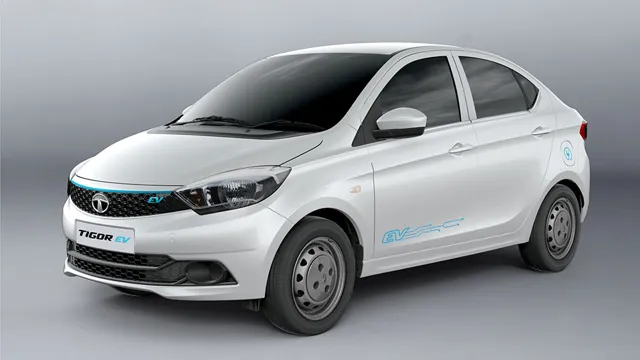
Mahindra electric SUV to launch in 2021
Electric SUV, Indian market, 2021 The electric vehicle revolution is gaining momentum in India, with major automakers gearing up to launch new models in 202 One of the most anticipated EVs is the Mahindra electric SUV, set to hit the market next year. This exciting new offering from Mahindra promises to be a game-changer in the Indian EV market, offering consumers a sleek and powerful electric SUV that can drive for long distances on a single charge.
With its high-tech features and cutting-edge design, the Mahindra electric SUV is sure to appeal to a wide range of consumers. But Mahindra is not the only automaker ramping up its EV production in 202 Other major players in the Indian market, such as Tata Motors and MG Motors, are also set to release new electric vehicles next year, further reinforcing the growing popularity of EVs in India.
With a range of new electric models hitting the market in 2021, it’s an exciting time for Indian car buyers looking to make the switch to greener, more sustainable transportation.
Government plans to boost adoption of electric cars
If you’re interested in the latest news on electric cars in India, you’ll be pleased to hear that the government is making a big push to boost adoption of this eco-friendly mode of transportation. In a recent announcement, the government revealed plans to invest heavily in electric vehicle charging infrastructure, making it easier and more convenient for drivers to charge up on the go. They’re also offering incentives and subsidies to those who choose to buy electric cars, making it a more affordable option for many drivers.
This is great news for anyone who’s passionate about reducing their carbon footprint and preserving the environment for future generations. With the government leading the charge, we can expect to see more and more electric vehicles on the roads in the years to come. Whether you’re a die-hard petrolhead or someone who’s always looking for ways to live more sustainably, now is the perfect time to start exploring the world of electric cars.
Who knows, you might just fall in love with the quiet, smooth ride and low maintenance requirements of these eco-friendly vehicles!
FAME II incentives for electric cars extended till 2024
The Indian government is extending the FAME II incentives for electric cars until 2024, with plans to further boost the adoption of these vehicles. FAME II, or Faster Adoption and Manufacture of Hybrid and Electric Vehicles, was introduced in 2019 as a way to encourage the use of electric vehicles and reduce pollution levels in the country. With this extension, the incentives for purchasing electric cars will continue for another three years, ensuring that more people have access to these environmentally friendly vehicles.
The government hopes that this move will contribute to a reduction in India’s carbon footprint and pave the way for a cleaner, greener future. By incentivizing the adoption of electric cars, the government is not only supporting the environment but also promoting the growth of the electric vehicle industry in India.
Public charging infrastructure to expand in 2021
It looks like 2021 will see an expansion of public charging infrastructure for electric cars, thanks to governmental efforts to boost their adoption. This is great news for electric car owners and anyone considering making the switch from traditional petrol cars. The availability of electric charging stations has been a hindrance to EV adoption in the past, but with more charging points across the country, EV drivers can be reassured that they won’t be left stranded mid-journey.
The government plans to invest heavily in EV infrastructure, with a new £500m funding pot set up to build thousands of new charging points throughout the UK. This means we can expect more charging points to pop up in car parks, motorways, service stations and other convenient locations throughout the country. Overall, this development signals a big step towards lessening our reliance on petrol cars and reducing our carbon footprint.
GST on electric cars reduced from 12% to 5%
The Indian government has recently reduced the Goods and Services Tax (GST) on electric cars from 12% to 5%. This decision aims to accelerate the adoption of electric vehicles in the country and promote eco-friendly transportation. Additionally, electric vehicles can help reduce India’s dependence on fossil fuels and curb air pollution, a significant problem in many Indian cities.
The reduction in GST will also make electric cars more affordable for consumers and encourage them to switch to cleaner energy options. This move is a significant step towards achieving India’s goal of having 30% electric vehicles on the road by 2030. The government has also announced various incentives, such as waivers on road tax and registration fees, to encourage the use of electric vehicles.
As more and more people realize the benefits of electric cars, we can expect to see a positive impact on both the environment and the economy.
Challenges to Indian electric car market
The Indian electric car market has faced several challenges in recent years, despite policy measures taken by the government to promote the adoption of electric vehicles (EVs). One of the most significant barriers to entry is the high cost of EV infrastructure, including charging stations and battery production. Additionally, most Indians cannot afford to buy electric cars due to their high price, which is partly due to a lack of economies of scale in production.
This has practical implications as low-income households can’t be expected to bear the upfront cost and ultimately remain with no choice but to stick with traditional gasoline vehicles. Another challenge is the limited range of electric cars, which can only travel a few hundred kilometers before requiring a recharge, making long-distance travel difficult. The government has mandated car manufacturers to have at least 30 percent of their fleet as electric vehicles by 2030, however, the initial targets set in 2018 have become unattainable.
While the latest news on electric cars in India may not be encouraging, it’s important to recognize that EVs can only grow in popularity if a large customer base can pay for them. The government must take up a stronger role and mostly involve the private sector to lower infrastructure costs, and create certification guidelines that work to enhance consumer confidence in the electric car market.
High battery costs and limited range still major concerns
The Indian electric car market is growing at a steady pace, but there are still some challenges that need to be tackled. One of the major concerns is the high cost of batteries, which makes electric cars more expensive than their gasoline counterparts. The limited range of electric cars is another issue that needs to be addressed, as it limits their practicality for long-distance travel.
Despite these challenges, the Indian government has taken steps to encourage the adoption of electric vehicles, including offering tax incentives and setting targets for the number of electric cars on the road. It’s important for car manufacturers to continue investing in research and development to make electric vehicles more affordable and practical for everyday use. As battery technology advances, we can expect to see more affordable electric cars with longer ranges hitting the Indian market in the future.
Lack of EV charging infrastructure in rural areas
One of the significant challenges to the Indian electric car market is the lack of EV charging infrastructure in rural areas. While the government is pushing for electric vehicles’ adoption countrywide, the infrastructure to support this endeavor is still lacking in many remote areas. As a result, this hinders the uptake of electric vehicles in these regions.
Despite the government’s commitment to EVs, rural areas have fewer charging stations per capita than urban areas. This uncertainty about the availability of charging stations, coupled with the limited driving range of electric cars, deters potential buyers in rural areas from purchasing EVs. Furthermore, unlike urban areas, rural regions lack the necessary resources to sustain a charging infrastructure.
In many cases, the installation and maintenance of charging infrastructure demand a significant upfront cost, which is not feasible for people living in these areas. Hence, until the government or private companies invest in developing EV charging infrastructure in rural regions, electric vehicles will continue to struggle to gain a foothold in these areas. In conclusion, expanding the EV charging infrastructure in rural regions is crucial in promoting electric vehicles’ uptake in India.
This will require a cohesive effort from the government, private companies, and rural communities. Such a move will not only increase EV sales but will also create new jobs in the charging infrastructure and related sectors.
Future of electric cars in India
The latest news on electric cars in India seems to suggest a bright future for the EV industry in the country. With the Indian government’s push towards a cleaner and greener environment, the demand for electric vehicles has risen significantly. Many global car manufacturers are also eyeing India as a key market for their EV models.
The Indian government has also introduced various incentives and subsidies for the purchase of electric cars, making it an attractive option for consumers. Moreover, the increasing number of charging stations across the country is also a positive sign for the growth of the EV market in India. Overall, the future of electric cars in India seems promising, and with more awareness and infrastructure development, the transition towards a sustainable future might happen sooner than we expect.
Conclusion
In conclusion, the latest news on electric cars in India is electrifying! With the government’s push towards clean energy and more affordable electric cars hitting the market, the future seems bright for the Indian automotive industry. It’s exciting to see the shift towards sustainable transportation and we can’t wait to see what innovative and eco-friendly technology the industry has in store for us next. Buckle up, it’s time to ride into a cleaner, greener future!”
FAQs
What is the current status of the electric car market in India?
The electric car market in India is still in its nascent stage, with limited options available for consumers. However, the Indian government has set a target of making India an all-electric vehicle nation by 2030, which has spurred investments and developments in this sector.
What are some of the most popular electric cars in India?
Some of the most popular electric cars in India include Mahindra e2o, Tata Tigor EV, Mercedes-Benz EQC, Hyundai Kona Electric, and MG ZS EV. However, the market is still growing, and more options are expected to be launched in the near future.
What incentives does the Indian government offer for electric car buyers?
The Indian government provides incentives to electric car buyers, including a subsidy of up to Rs. 1.5 lakhs under the Faster Adoption and Manufacturing of Electric Vehicles (FAME) scheme, exemption from road tax, and lower GST rates. Additionally, some states offer additional incentives, such as free charging and parking.
What are some of the challenges faced by the electric car industry in India?
Some of the challenges faced by the electric car industry in India include the high cost of electric vehicles compared to their traditional counterparts, inadequate charging infrastructure, and lack of awareness among consumers. However, with government support and increasing investments, these challenges are being addressed, and the future looks promising for the electric car industry in India.
